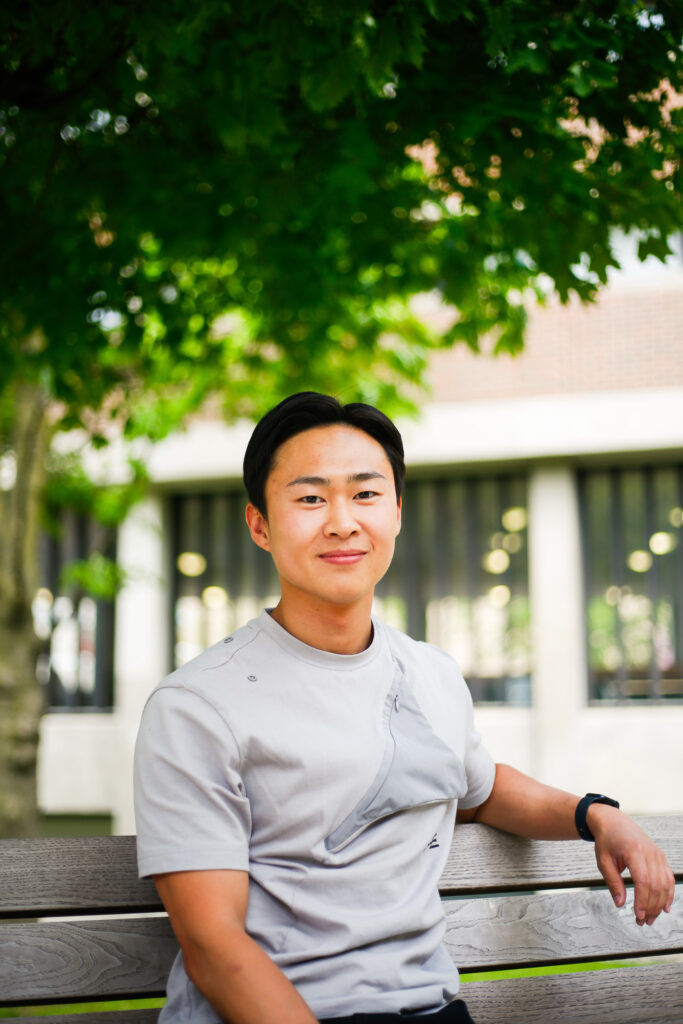
Tell us a bit about yourself! What is your academic background and why does that make you unique as an instructor?
My academic background has been in Women & Gender Studies from my undergraduate degree to my MA, and now my PhD! I have been a student of Women & Gender Studies for 9 years now and have been able to be a part of so many different courses and topics as a student and a teaching assistant. I try to take little bits and pieces from all those different experiences to craft a course that really engages students into the topic.
Who is a thinker that you look to or revisit often and why?
It is so hard to pick just one thinker, but it has to be José Esteban Muñoz. My writing and teaching are deeply shaped by how he cares for the cultural and performance works he writes about and how he gets his reader to also care about these queer of color artists and performers and the social and political worlds they envision. I have to also mention the work of Lisa Lowe, David Eng, Grace Hong, Gayatri Gopinath, Martin Manalansan, Kandice Chuh, Laura Kang, and so many others.
What course are you teaching?
I am teaching WGS376: Studies in Queer and trans
Why is this an important course for students to take?
I believe that this course is not just equipping students with theoretical terms or familiarizing them with key scholars but is really intended to get students to think about what queer and trans studies offers us in this present. Queer and trans can offer us a powerful critique of the numerous forms of violence that we must contend with but also offers us a space to take notice of the alternative ways of being and forms of community that ameliorate or respond to violence.
What is something you are excited to introduce into the classroom? This could be a reading, a video, a topic, a particular pedagogical tool, etc.
I am excited for the week on queerness and militarization. In this week I get to introduce students to a topic that is rarely considered as a proper object for queer studies and that is the Korean war and its legacies. I am specifically going to be having the students engage in Christine Hong’s chapter entitled “Militarized Queerness: Racial Masking and the Korean War Mascot.” In her book A Violent Peace: Race, U.S. Militarism, and Cultures of Democratization in Cold War Asia and the Pacific. In this week, I get to draw from own research and encourage students to consider the stakes of thinking across area studies and queer studies, and specifically to think about Asia and the Cold War in a queer studies context.
What was your favourite course in university?
One of my favourite courses was my feminist theory course in my undergraduate taught by Dr. Margaret Toye. It was so challenging; I really mean that, it was so hard. I felt like I had to relearn how to be a student in that course because all of the readings were questioning any assumption I had about the field of Women & Gender studies itself. So many of the texts and ideas continue to stay with me, in fact the very first reading for this course is Susan Stryker’s essay “My Words to Victor Frankenstein” which I found in that course.
What is something you wish you knew going into that course that may be helpful for students to know?
To read texts not expecting or wanting to understand everything fully but embracing the kinds of questions the texts raise for you. Lean into the questions that challenge you the most. Sticking with that curiosity and uncertainty is what led me to the most meaningful learning experiences.
Anything else you would like to share?
In this course I want students to think about how we tell a lot of different stories about queer and trans studies (thinking with Clare Hemmings, Kadji Amin, & Jennifer Nash here). I hope in the story/stories I tell about queer and trans studies they can find something that excites them or challenges them and to take that with them beyond this course!
